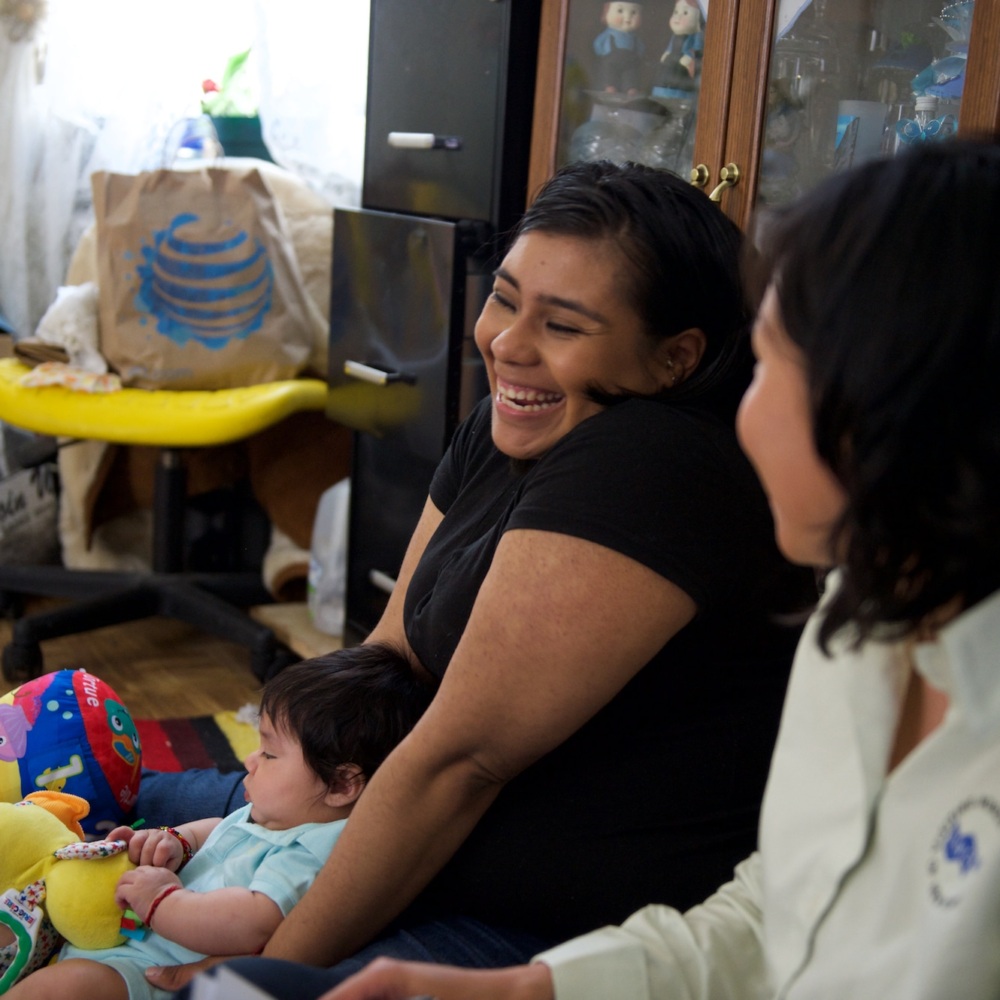Social Finance has developed outcomes rate cards across the U.S. and continues to support governments and other stakeholders to develop rate cards and outcomes-based contracts through our Public Sector Practice.
Outcomes Rate Cards and Scorecards

Social Finance develops contracts that help governments clarify desired outcomes and generate measurable impact from social programs. Governments can use tools like outcomes rate cards and scorecards to foster discussion on priority metrics, promote transparency and accountability for social programs, and increase impact by using taxpayer dollars more efficiently.
An outcomes rate card is a set of metrics for which service providers can earn a payment for the achievement of each metric. A government agency uses a rate card to predefine operational and performance priorities, paired with a monetary incentive to influence service provider performance. Rate cards can be used as a procurement tool to define all or part of payment in a social service contract. Rate cards can also be applied at scale as part of contracts for service providers throughout a community or state.
A scorecard is similar—it is a set of metrics, in which each metric is given a performance score (or weight), and for which service providers’ performance is reported as an overall score. A government agency uses a scorecard to compare performance across multiple service providers and may use monetary or non-monetary incentives (for example, public recognition based on results) to influence provider performance.
Both outcomes rate cards and scorecards require clearly stated policy goals from the government agency—as informed by the community, a measurement plan to assess progress on those goals, and high-quality implementation and data tracking across both the government agency and service providers.
Governments and philanthropies that are seeking to create performance management tools, build a stronger accountability mechanism for priority metrics, and/or link payments to results may be interested in outcomes rate cards and scorecards. For example, Social Finance has seen particular interest from governments in early childhood and family services—we have partnered with six jurisdictions to design rate cards focused on home visiting and other early childhood interventions.
Outcomes Rate Card Projects

Boosting Childhood Health in Connecticut
Social Finance is developing and implementing a state-wide outcomes contract for home visiting with the Connecticut Office of Early Childhood, linking payment to outcomes that generate value to families and society, support two-generation impacts, and are linked to administrative data.

Driving Outcomes for Children in Missouri
Social Finance is developing and managing a pilot outcomes rate card with the Children’s Trust Fund to advance outcomes for children and families in Missouri and pave the way for broader adoption of Pay for Success within the state.

Helping Texas Families Thrive
Social Finance partnered with the Texas Department of Family and Protective Services: Prevention and Early Intervention program to embed outcomes-based practices into its contracting and management processes. The Episcopal Health Foundation generously provided funding for this project to improve the lives of children and families throughout Texas.

Building the Workforce in Central Texas
Social Finance partnered with the Michael & Susan Dell Foundation and a workforce development nonprofit to improve job placements, wage gains, and economic mobility in Austin and Travis County, Texas.

Advancing Maternal and Child Health in Riverside County, California
Social Finance collaborated with First 5 Riverside in California to design and launch a scorecard for home visiting providers focused on maternal and child health, building on a previous outcomes rate card partnership focused on child behavioral health.